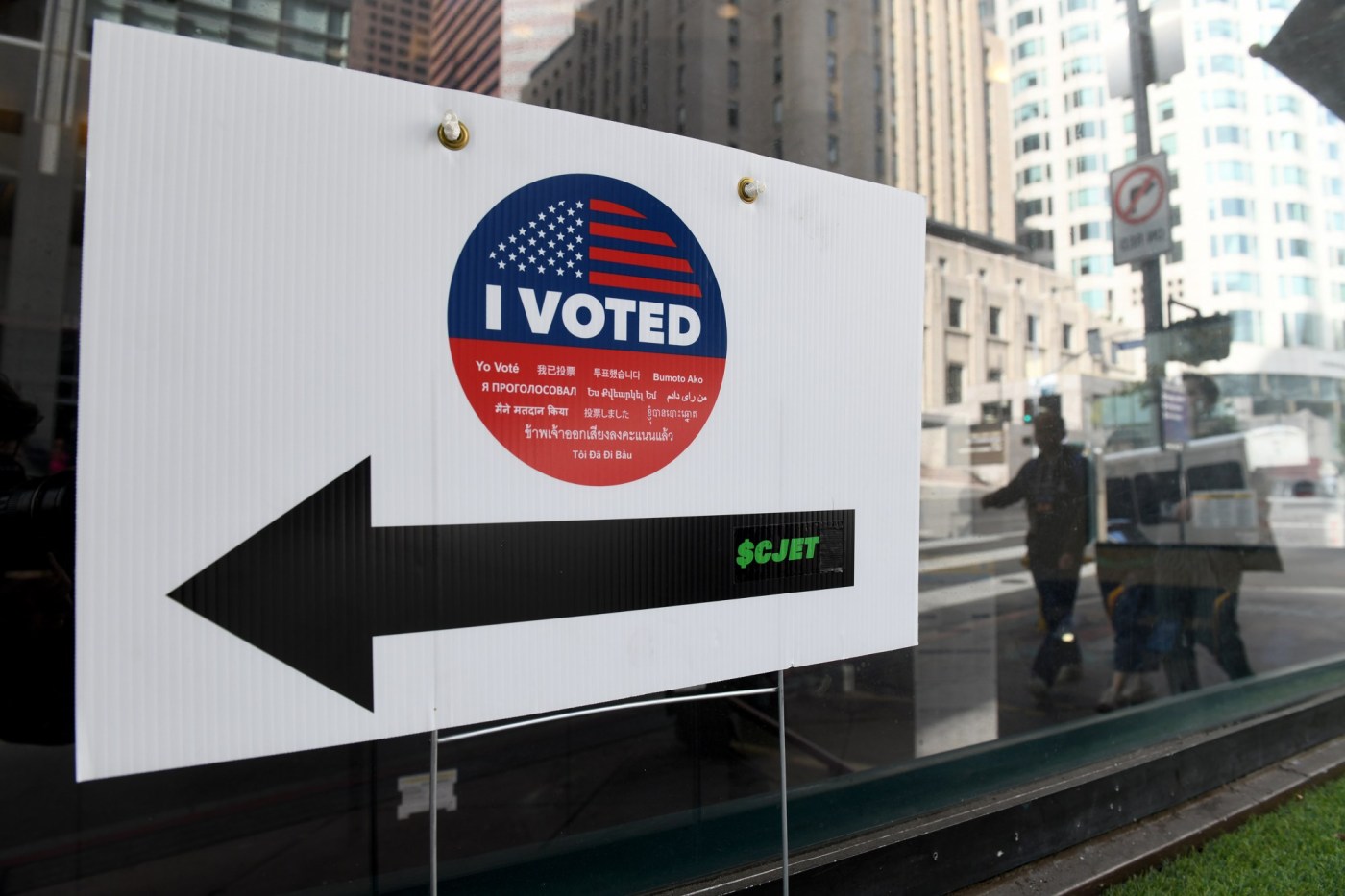Democrats are preparing for a contentious redistricting battle, a situation they had hoped to avoid but now see as necessary in response to aggressive Republican strategies. The conflict arises from a fundamental disagreement within the party: the desire for independent redistricting commissions versus the need to engage in the same tactics employed by Republicans.
Senator Peter Welch of Vermont expressed frustration with the current situation, stating, “It’s not the way we should be doing it.” He pointed to the redistricting efforts initiated by President Biden in Texas, which he believes left Democrats with little choice but to respond similarly. “This is bad in the long run, but necessary in the short run,” Welch added, highlighting the tension between ethical governance and political realities.
In Virginia, Representative James Walkinshaw articulated the urgency of the situation, asserting that Democrats must explore every legal avenue to secure seats. Despite his advocacy for nonpartisan redistricting, he acknowledged that political pressures, particularly from former President Donald Trump, have compelled Democrats to reconsider their strategies. “We have to do something,” Walkinshaw stated, underscoring the party’s need to adapt to the political landscape.
Democrats are increasingly aware that failure to act may render them politically irrelevant in future elections. Kendall Scudder, chair of the Texas Democratic Party, called for a united front, urging Democratic governors to confront the issue head-on. “If Democrats continue to operate by a separate set of rules than Republicans, then we’re going to continue to get shellacked across the board,” Scudder warned.
Republicans have already initiated redistricting measures in several states, including Texas, North Carolina, and Indiana, seeking to bolster their congressional representation. In response, Democrats are aligning their efforts to regain ground ahead of the 2026 elections. Notably, California voters will have the chance to weigh in on Proposition 50 on November 4, which could result in an additional five House seats for the Democratic Party.
In Virginia, lawmakers recently voted to consider amendments focused on redistricting, potentially allowing Democrats to gain up to three seats. Similarly, Illinois Democrats have called for congressional lines to be redrawn to secure a stronger position ahead of the elections. The push for redistricting is not without its complications, as concerns arise regarding the potential impact on minority voting power.
Representative Jamie Raskin of Maryland emphasized the need for states to evaluate the implications of entering the redistricting fray. He noted, “The question in every Democratic legislature… is basically a tactical one involving what are the costs and the benefits of going forward.” Raskin acknowledged that Republicans currently hold a significant advantage in controlling state legislatures, complicating efforts for Democrats.
House Minority Leader Hakeem Jeffries has been actively campaigning for redistricting reform, making appearances in states like California and Illinois to advocate for strategic changes. “It’s an all-hands-on-deck effort across the country,” Jeffries remarked, highlighting the urgency of countering Republican gerrymandering initiatives.
Despite the mounting pressure to act, some Democrats express reservations about the implications of their strategies. In California, concerns linger that voters may resist measures perceived as undermining independent commissions. Representative Julia Brownley pointed out that “it is now or never in terms of saving our democracy,” and stressed the importance of utilizing available tools to secure victories in upcoming elections.
The situation in Illinois reflects similar anxieties, as legislators worry that revised maps could dilute the voting strength of Black communities. Nonetheless, the urgency to engage in redistricting persists. “I believe we should have fair math; gerrymandering doesn’t help the broader public,” said Representative Brad Schneider. Yet, he acknowledged the reality of the political landscape, stating, “We need to fight fire with fire.”
As Democrats navigate this complex political terrain, California’s Proposition 50 has emerged as a critical test case, potentially serving as a national blueprint for future redistricting efforts. Representative Mike Thompson noted, “It’s pretty clear that Prop 50 was put on the ballot to get back the five seats that Texas stole.”
The evolving redistricting landscape highlights the growing divide in American politics, with both parties increasingly willing to engage in tactics they once criticized. As Democrats prepare to confront Republican advances, the implications for future elections remain significant.







